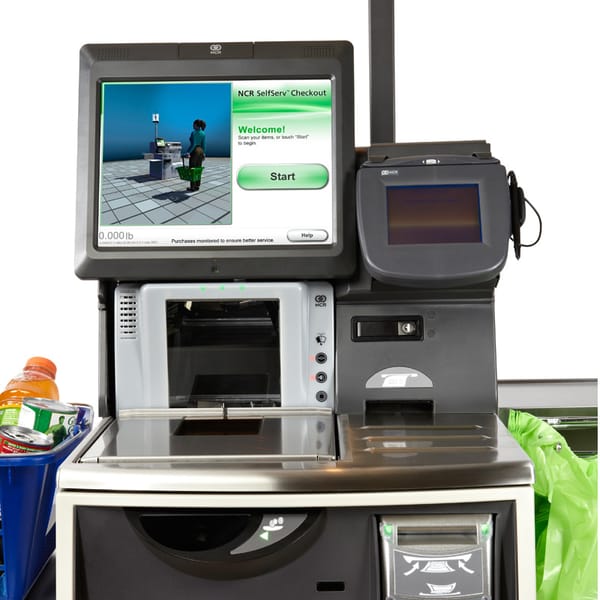Story Time: The $4M Bluebird
An unexpected order drops, uncovering a salesperson who was working the refs, and inadvertantly fouling our operational efficiency. Look, I love big orders, but I also dislike surprises

It was June 2004, and I was in Paris for a regional sales manager’s meeting. Part of my job was to travel to these regional sales meetings and represent product. I did some training, some collaboration, but mostly I was there to be beaten by the sales leaders and sales people for why our product deficiencies were 100% the reason they lost any orders.
You know, the usual stuff.
One afternoon, the rank and file were out doing some team building (sightseeing) and the regional managers and I were in a room just catching up on some work.
One of the sales managers piped up to congratulate me on the closed order for 8 units of our high end tool for data storage applications, at <insert big disk maker name>. The total order price was a bit over $4 million.
I was gob smacked.
Why might you ask? Because our CRM tool didn’t have a forecasted opportunity for this <big disk company> that quarter, and in fact there was nothing in the plan for it. It appears that out of the blue this big customer just decided to whip out their AmEx Black card and order four million dollars of gear.
At least I didn’t remember seeing it. So, I opened the tool up (we used Saleslogix at the time) and looked.
Yes, there was an entry for it, but I could swear that it wasn’t there the week before when we had our last forecast roll up meeting.
So I dug deeper.
The lead, the opportunity, and the booking all were entered in Saleslogix THAT DAY.
By all evidence, that order was as if the customer called up and just ordered it as a blue bird.
There’s a phrase in sales that refers to opportunities that fortuitously seem to land in your lap as “a bluebird.” Bluebirds got their name as they appear to “come out of the sky,” a stroke of luck that leads to a sale from out of nowhere.
Look, I get the odd impulse purchase. Hell, I once bought a guitar for $2,000 because I fell in love with it on the wall at a music store. But for a company that makes heads for disk drives doesn’t just decide to add that much capacity on a lark.
These instruments go into a clean room, there are facilities required to support the equipment, and there is planning required.
It is pretty safe to say that Intel doesn’t call up ASML and order an EUV Stepper on a Wednesday morning with their tea and toast.
Follow on
This large un-forecasted and unplanned order prompted me to create a query in SalesLogix. I wanted to see if this was an isolated issue, or was it widespread.
I set it up to output all closed-won opportunities for the prior 8 quarters, and to calculate the days open (defined to be when a lead is qualified and it is added to the “opportunity” status, meaning that there was some degree of confidence of being a won deal.)
Most of the won opportunities took between 8 weeks and 9 months to close. Sort of a normal sales cycle.
Except for one of our sales people. His average was … -17 days. That means, that he closed orders and then entered them into the system after they were closed. An average of 17 days after he closed the order. And his leadership didn't seem to mind this. No wonder our forecasts were all over the map.
I am sure he was doing some local spreadsheet engineering to do his tracking, and entering things into the CRM when they were closed.
Normally, I wouldn’t care about that, except that we planned production to allow us to ship closed orders within a 12 week lead time, and not having any visibility to what is going to close when makes it impossible to manage the production pipeline, interfering with our Kanban production pipelines, and fouling up our order and revenue recognition efforts.
The sales person, when confronted with this evidence of his sandbagging, tried to deny that it happened, but I brought the receipts. Sales leadership used this as a teaching opportunity, and put in place controls to prevent future abuses. He truly believed that he would be feted for his prowess, but instead, his submarine blue bird made it impossible for us to plan for this spike in production, and to minimize the lead time to ship, something a very important customer was unhappy with.
Look, I know that using CRM tools can be difficult, but having access to opportunities, statuses and the visibility to the pipeline was essential for us to manage any irregularities in the production line.
Like what you are reading? Why not share this. Help me spread the word and grow my audience.



